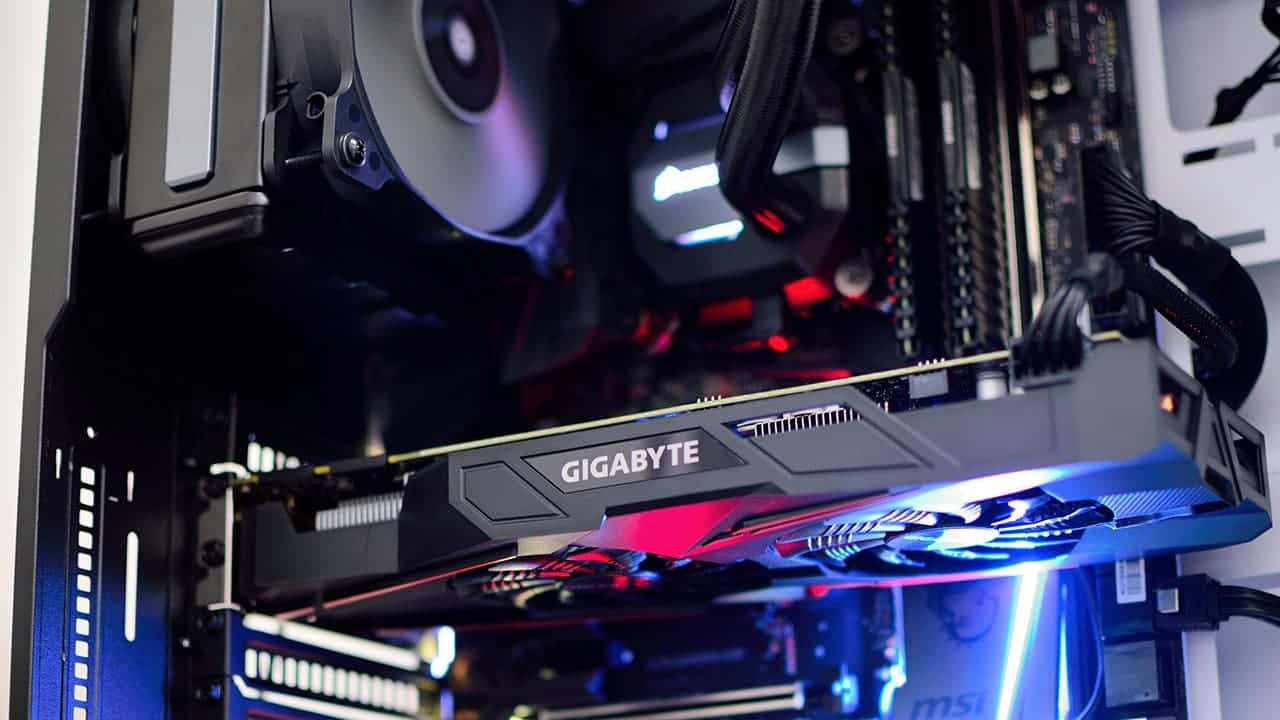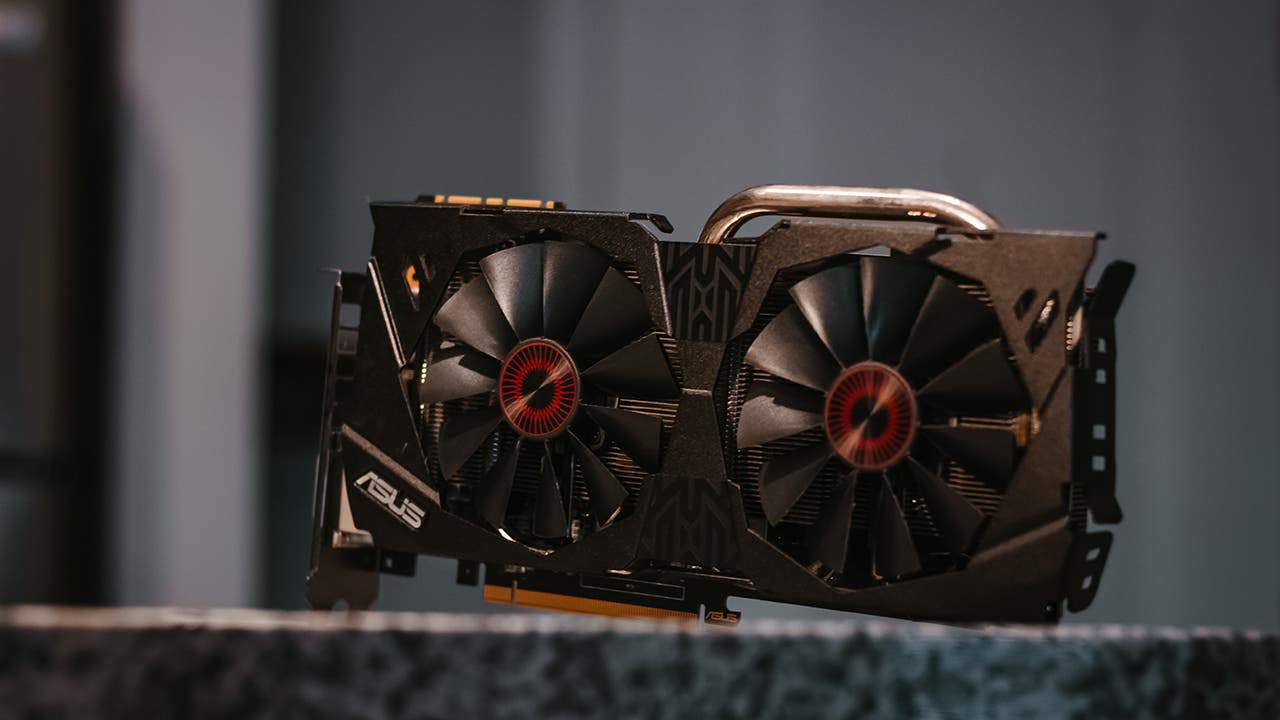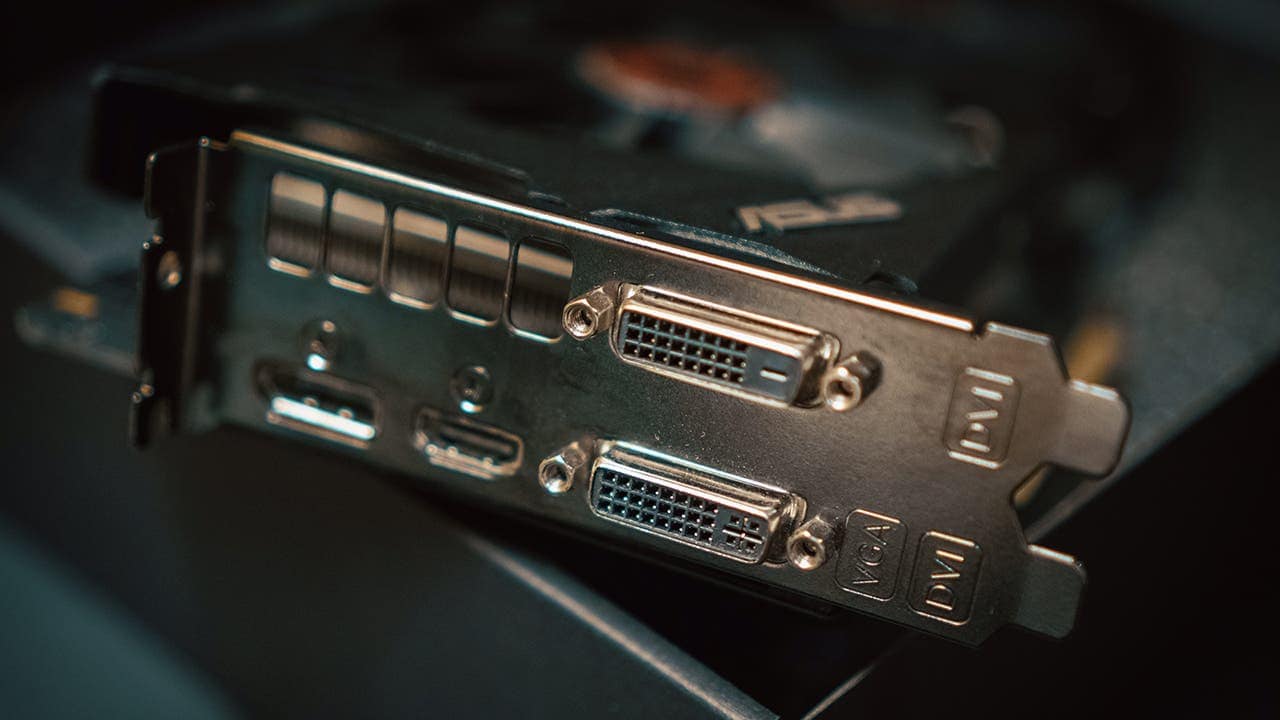Upgrading your GPU can be tempting. New graphics cards launch regularly, promising groundbreaking performance. It’s easy to feel left behind. But don’t let the hype fool you. The optimal time to upgrade GPU isn’t necessarily when the newest flagship hits the market.
When to Upgrade Your GPU?

The simple truth is: upgrade your GPU when it’s not meeting your needs. Forget the tech jargon and benchmarks. Your gaming experience is what truly matters.
Are you struggling with low frame rates in your favorite games? That’s a strong indicator it’s time for an upgrade. But before you rush to buy a new card, try turning off in-game FPS counters and benchmarks. This will give you a clearer picture of your actual gaming experience, free from distracting numbers.
Another common reason to upgrade is when your GPU becomes a bottleneck in your workflow. Whether you’re editing videos, rendering 3D models, streaming, or gaming, a struggling GPU can significantly hinder your productivity. Overheating and frequent frame drops are common symptoms. If you’re constantly troubleshooting these issues, an upgrade might be necessary.
That said, don’t feel pressured to upgrade just because there’s a shiny new card on the market. If your current GPU is handling your tasks satisfactorily, there’s no need to spend extra money.
Of course, if you’re an avid tech enthusiast who loves the thrill of new hardware, the upgrade cycle might look different for you. There’s a certain appeal to owning the latest technology. However, be aware that this approach often comes with higher costs and potential compatibility issues. For most users, a more gradual upgrade plan is often the wiser choice.
When Upgrading, Don’t Buy a Freshly Launched GPU

Ready to upgrade? Don’t rush out and buy the newest card immediately. It’s wise to wait 2-3 months after launch.
The initial hype and stock shortages usually subside by then. You can purchase a new GPU without resorting to complex stock alerts or constant website refreshing. Prices tend to stabilize as well, avoiding the inflated launch-day costs.
Moreover, you’ll have access to more comprehensive reviews. Instead of relying on early impressions, you’ll have in-depth, long-term testing data from multiple sources. This provides a clearer picture of real-world performance across various games and applications.
Waiting a few months after launch also gives manufacturers time to address initial driver issues and bugs. The first few weeks can be turbulent as they fine-tune the software. By waiting, you benefit from new technology without the risk of encountering early problems.
Consider your current GPU’s resale value. If you’re upgrading due to performance limitations, check the secondhand market. GPU prices fluctuate, and you might be able to offset upgrade costs by selling your old card.
When Should You Not Upgrade the GPU?

While upgrading your GPU can be exciting, it’s not always necessary. Here are some scenarios where it’s wise to wait:
Your Current GPU Meets Your Needs
If you’re satisfied with your system’s performance in your preferred games and applications, there’s no need to rush into an upgrade. The latest GPU won’t significantly improve your experience if you’re already happy with the results.
GPU Shortages or Price Spikes
GPU prices can fluctuate wildly. If prices are inflated far beyond the recommended retail price (MSRP), it’s best to wait for the market to stabilize unless you have an urgent need for an upgrade.
When New Series Is About to Launch
If you know a new generation of GPUs is on the horizon (typically every couple of years), it’s often wise to wait. This can lead to better performance per dollar or even price drops on previous generations. Online communities like r/gpu and r/buildapc are excellent resources for staying informed about upcoming launches.
The Other Components Are Bottlenecking the GPU
If your CPU, RAM, or storage is significantly holding back your system’s performance, upgrading your GPU might not yield the expected results. Consider upgrading these components first to see if it resolves the performance issues.
Is it Time to Upgrade Your GPU?

Deciding when to upgrade your GPU is a personal decision influenced by your needs, budget, and the current market. Are you consistently frustrated by your GPU’s performance in your favorite games or applications? Is there a specific new game or software you’re eager to try that your current GPU can’t handle?
Before upgrading, consider if you’ll need to upgrade other components, like your power supply. Additionally, think about whether waiting a few months could lead to better options or prices.
If you’ve answered yes to most of these questions, an upgrade might be worthwhile. However, if you’re still unsure, there’s no need to rush. The GPU market is constantly evolving, and new options are always on the horizon.
Remember, the goal isn’t to own the fastest GPU available. Instead, focus on finding a GPU that delivers the performance you need for your specific tasks without causing frustration.





